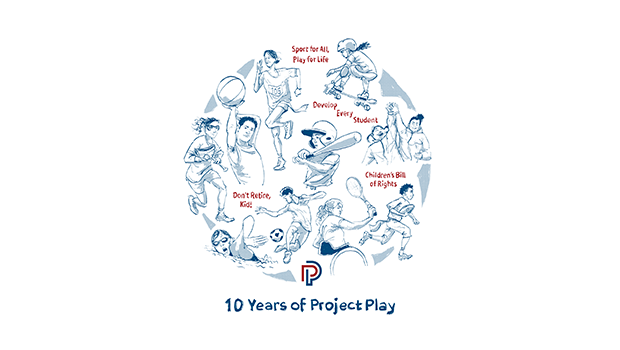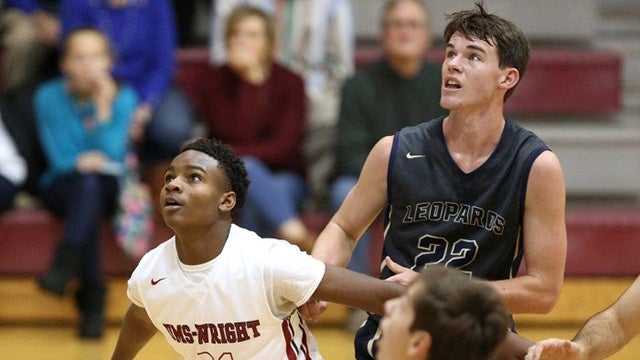The Achievement Gap between low-income and higher income students is one of the most critical issues in education reform. Many efforts are aimed either at middle and high-school students, or improving existing year-round schools, but it is well-documented that the achievement gap exists before kindergarten entry, grows steadily each grade through elementary school, and can reach three years even by fifth grade. That growth occurs primarily in the summer months due to a disparity in opportunities. Traditionally, summer learning has been thought of as remedial or in terms of specialized camps, but research shows that quality summer learning programs like Horizons, which begins with Kindergarten and combines academics, enrichment and physical activities, mitigate the achievement gap growth.
Horizons, with 50 years of experience and recognized for excellence by the National Summer Learning Association (NSLA) and The Wallace Foundation, has implemented highly successful Literacy and STEM initiatives, and adapted year-round assessment tools and curriculum for consistent average gains of three months in reading and math. In conjunction with partners NSLA and Wireless Generation, we propose to develop summer assessment tools; refine effective curricula and intervention strategies; develop protocol for seamless communication of student data between summer and year-round schools; build a longitudinal student database; and conduct a longitudinal evaluation to document the effect of summer learning on year-round learning over time. The tools and best practices will be available for use by the thousands of summer learning entities around the country, including private organizations and public school-districts.
To learn more, contact Kim Fairey.

